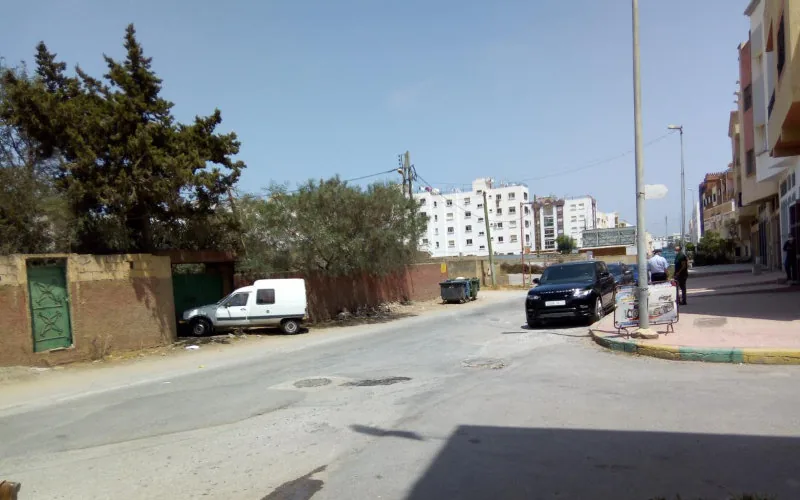Morocco Proposes Tax Hike on Vacant Urban Land to Boost Local Revenues

Bad news for owners of undeveloped land. The Ministry of Interior plans to increase the tax on these lands.
The Ministry of Interior is initiating a bill aimed at substantially modifying the tax regime of local authorities. This is bill No. 14.25 amending and supplementing law No. 47.06 relating to the taxation of these authorities. During its presentation to the Chamber of Advisors, Interior Minister Abdelouafi Laftit explained that this project aims to strengthen the own resources of local authorities and establish tax justice, through measures including increasing the tax imposed on undeveloped urban land, and delegating certain collection tasks to the General Tax Directorate (DGI).
The project provides for a modification of the tax rates on undeveloped land according to the level of equipment. An increase in the rate from 20 to 30 dirhams per square meter is planned in equipped areas, from 10 to 15 dirhams in moderately equipped areas, and from 0.5 dirham to 2 dirhams in poorly equipped areas. These zones will be determined by a decision issued by the president of the local authority after validation by the concerned governor, the minister specified.
Other major innovations introduced by the project: the creation of municipal receivers, appointed by a joint decision of the Ministries of Interior and Finance, to ensure collection operations, particularly in cases of forced recovery, in an approach aimed at reducing the volume of uncollected amounts and improving the efficiency of local taxation; assigning to the General Tax Directorate the competence to issue and collect the housing tax and the municipal services tax, in addition to the professional tax it already manages, in anticipation of the creation of a unified tax administration at regional and local levels, in accordance with the provisions of framework law No. 69.19 relating to tax reform.
The project constitutes a new step in the process of tax reform within the Kingdom, and it will contribute to improving the financial performance of local authorities, Laftit affirmed.
Related Articles
-

Morocco’s Hidden Real Estate Tax Trap: Sellers Face Shock Bills After Property Deals
21 August 2025
-

Morocco Dominates MENA Tourism: 4 Leaders Ranked Among Top 100 Influencers
21 August 2025
-

French Vacation Tax Audit Rumor Debunked: Viral TikTok Claim Sparks Outrage
21 August 2025
-

Marrakech and Agadir Sizzle: Morocco’s Culinary Gems Top MENA Outdoor Dining Destinations
20 August 2025
-

Global Halal Boom: Google Trends Reveal Surge in Interest Beyond Muslim Countries
20 August 2025